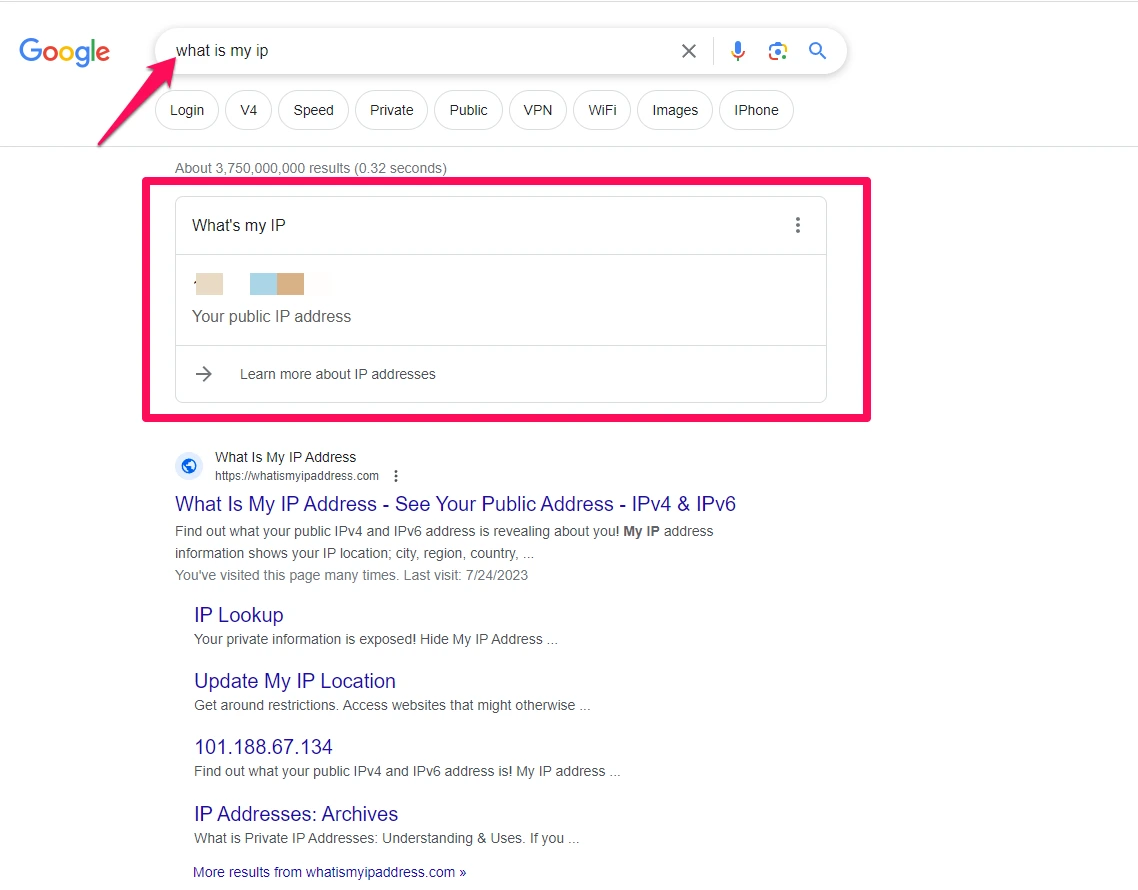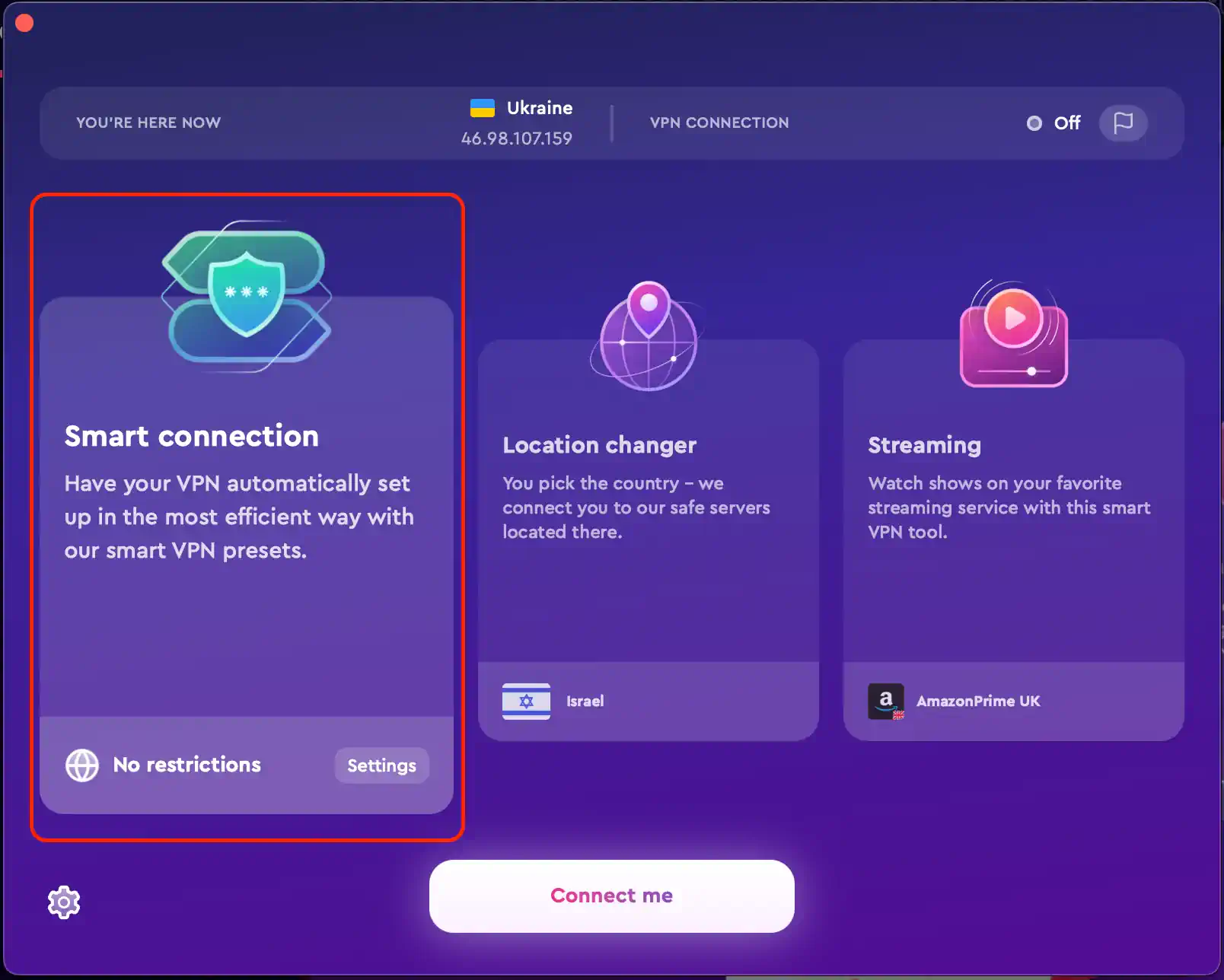It’s a digital world out there, and every device connected to the internet plays a part in it. How? Through a unique identifier known as an IP (Internet Protocol) address, which is like a home address for your device in the vast online neighborhood. But what’s the deal between Dynamic IP vs Static IP?
It’s a good question, especially when your online activities are at stake. So, let’s unpack the differences between the two to make sure you can get the most out of your connection.
Let’s get right to it!
What is a Static IP Address?
First things first — it’s important to understand the difference between Dynamic IP vs Static IP. Only then can you better appreciate the solutions offered in this article.
For a static IP, picture owning a house with an unchanging address. Whether it’s been five, ten, or twenty years, your home’s location remains constant. This is what a static IP address is like. It’s a fixed, manually configured address that stays the same throughout its existence.
Businesses often favor static IPs, especially when they’re hosting websites or other online services. The reason? It’s about reliability. With a static IP, clients always know where to find them. Imagine running a shop; if you keep moving your location, customers would struggle to locate you. But with a permanent location, customers know exactly where to go, every time.
What is a Dynamic IP Address?
In contrast, a dynamic IP address is ever-changing. Just like getting a different hotel room with each visit, your device could get a different IP address every time it connects to the internet. These addresses are automatically assigned by your router or Internet Service Provider (ISP) using a protocol called DHCP (Dynamic Host Configuration Protocol).
Dynamic IPs are the go-to choice for home internet connections. They offer ease of maintenance and a level of privacy since your assigned IP address isn’t’ fixed. For this analogy, it’d be like being assigned a different room when staying at a hotel. Once you disconnect, that IP address is “released” and you’re automatically assigned a different one when you reconnect to the network.
Static vs Dynamic IP Address: A Comparison
Now that you have a good idea of what static and dynamic IPs are, this brings up another set of questions. How do these IP addresses compare to one another and which one is better?
Well, the core difference boils down to stability and assignment method. A static IP, with its manual configuration and constant nature, offers a reliable connection, perfect for businesses needing a consistent online presence. With that said, this type of IP address often entails an additional cost, and the fact that it never changes makes it a consistent target for cybercriminals.
On the flip side, a dynamic IP, with its automatic assignment and ability to change, provides flexibility and is easy to manage, making it ideal for home internet users. However, its ever-changing nature could lead to connection issues, and it’s less reliable for those requiring consistent access.
As for which IP address is better, choosing between a static and dynamic IP isn’t a cut-and-dried case of one being actually better than the other. Rather, it’s about which one suits your specific needs. If you need a steady, reliable connection for hosting a server or website, a static IP takes the cake. For regular internet surfing from the comfort of your home, a dynamic IP does the job just fine.
How to find out if my IP address is static or dynamic?
Now this begs the question — how do I know if I have a static or dynamic IP?
The simplest way to find out is by typing “what is my ip” in your browser search bar. This will reveal the public IP address assigned to your device.
If that IP address always remains the same, you’re most likely looking at a static one. On the other hand, if it regularly changes, you’ve got a dynamic IP address.
Another method is to use a free online tool like ShowMyIP which immediately shows your IP address along with other pertinent information such as your location, timezone, and ISP (Internet Service Provider)
Either way, this requires monitoring your IP address especially if you’re paying an extra fee for a static IP. In this case, you’d want to make sure that the IP information remains fixed throughout the day.
Enhancing your IP experience with a VPN
Whether you opt for a static or dynamic IP, one thing remains vital – your online privacy and user experience. This is where a VPN (Virtual Private Network) comes in.
No matter if you’re a business with a static IP hosting critical services or the average user surfing the internet at home with a dynamic IP, a VPN can improve your online experience. It does this by encrypting your connection, thereby changing your IP address. This encryption adds an extra layer of privacy, making it even harder for cybercriminals to track your online activities.
Now the best start is that VPNs need not be complicated and you can easily implement all things mentioned above with ClearVPN — a premium VPN service with a focus on privacy and ease of use. All it takes is a few simple steps:
1. Download and install the ClearVPN app on your device. ClearVPN works on Windows, macOS, iOS and Android devices.
2. Run the ClearVPN app and select the “Smart connection” mode. You can then click on the “Connect me” button.
At this point, you’re now connected to one of ClearVPN’s servers, providing you with a secure and encrypted connection to the Internet. You don’t have to worry about third parties snooping in on your online activities regardless of which IP address you use.
However, do note that while you can start using ClearVPN at no cost, there are certain features that are only available to premium accounts. This includes access to dedicated streaming servers and the ability to select specific server regions.
FAQs
Is a static or dynamic IP better?
The answer hinges on your unique needs. If you require a stable, unchanging connection, such as when hosting a server or website, a static IP is the clear choice. For everyday at-home internet users, a dynamic IP offers the functionality and ease of use you need.
Is a dynamic IP safer than a static one?
In some ways, a dynamic IP can be considered more secure. Its changing nature makes it harder for cybercriminals to track your online activities. However, both static and dynamic IPs can be safeguarded effectively with the right security measures.
Is a static IP easier to hack?
While a static IP remains constant, making it a consistent target, it doesn’t inherently make it easier to hack. The cornerstone of cybersecurity lies in implementing robust protective measures, regardless of whether your IP is static or dynamic.
